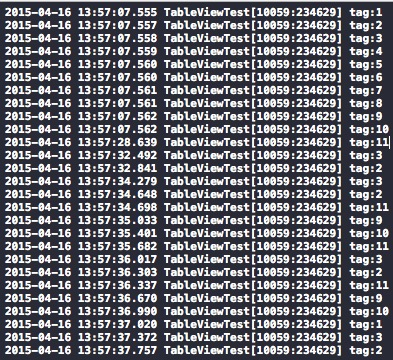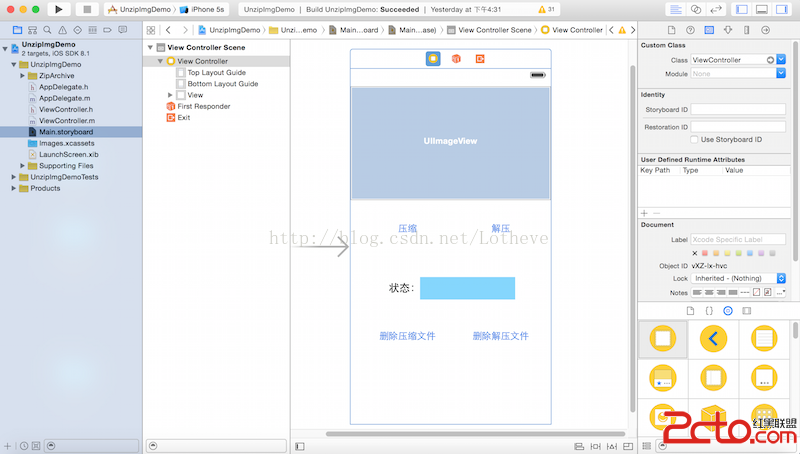ios下移動文件方法匯總
這段objective c代碼用於移動指定路徑下的文件
復制代碼 代碼如下:
if ([fileManager copyItemAtPath:@"FilePath1"
toPath:@"FilePath2" error:NULL]) {
NSLog(@"Copied successfully");
}
方法二:
使用 NSFileManager:
讓您的文檔的路徑和您的緩存路徑。遍歷所有的文件,並將它們移動使用 NSFileManager
復制代碼 代碼如下:
- (void) moveAllDocs {
NSFileManager *fileManager = [NSFileManager defaultManager];
NSError *error = nil;
NSString *sourceDirectory = [NSSearchPathForDirectoriesInDomains(NSDocumentDirectory, NSUserDomainMask, YES) lastObject];
NSString *destinationDirectory = [NSSearchPathForDirectoriesInDomains(NSCachesDirectory, NSUserDomainMask, YES) lastObject];
NSArray *contents = [fileManager contentsOfDirectoryAtPath:sourceDirectory error:&error];
for(NSString *sourceFileName in contents) {
NSString *sourceFile = [sourceDirectory stringByAppendingPathComponent:sourceFileName];
NSString *destFile = [destinationDirectory stringByAppendingPathComponent:sourceFileName];
if(![fileManager moveItemAtPath:sourceFile toPath:destFile error:&error]) {
NSLog(@"Error: %@", error);
}
}
}
方法三:
FCFileManager 是一個構建在 NSFileManager 之上的 iOS 文件管理工具,簡化了文件管理。它提供了許多靜態方法,用於執行最常用的操作用幾行代碼。它的工作原理是默認的文件目錄,允許使用相對路徑,但它可以在任何其他目錄中輕松工作。
Move file:
復制代碼 代碼如下:
[FCFileManager moveItemAtPath:@"test.txt" toPath:@"tests/test.txt"];
Remove file:
復制代碼 代碼如下:
//remove file at the specified path
[FCFileManager removeItemAtPath:@"test.txt"];
以上所述上就是本文的全部內容了,希望大家能夠喜歡。
- 上一頁:ios實現文件對比的方法
- 下一頁:ios系統下刪除文件的代碼




